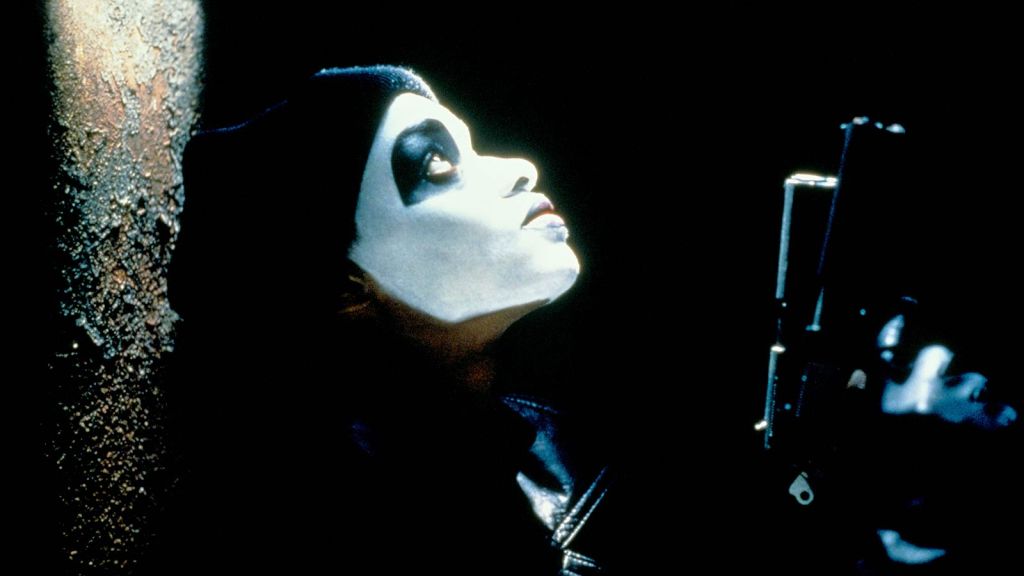Quick-hit movie reviews for the masses.
I watched the Hughes Brothers' Dead Presidents again recently, for the first time in a very long time, and I have so many feelings now. It made me sad, for several reasons. Sad, because it's one of the more important '90s movies that for almost twenty-five years now no one seems to talk about. How many movies have explored the African American experience in Vietnam quite like this one? Its Deer Hunter style three-act structure works well, with the early, innocent youth scenes in the Bronx segueing into the absolute horrors of war, culminating in coming home to find there's no real place in their old lives for these young men anymore. Then, poor decisions lead to even worse decisions, and it's all pretty devastating.
Reviews were middling at best, and reading some of them today it's clear just how much some critics missed the mark. It's also sad that, in all these years, I don't think I've ever had one meaningful conversation with anyone (besides myself) about this movie, because I don't think anyone remembers it. And they should. The Hughes Brothers were melding all sorts of influences into something electric—blaxploitation, Scorsese, Spike, heist movies, war movies from several eras, and of Cimino's The Deer Hunter. Powerful stuff.
Reviews were middling at best, and reading some of them today it's clear just how much some critics missed the mark. It's also sad that, in all these years, I don't think I've ever had one meaningful conversation with anyone (besides myself) about this movie, because I don't think anyone remembers it. And they should. The Hughes Brothers were melding all sorts of influences into something electric—blaxploitation, Scorsese, Spike, heist movies, war movies from several eras, and of Cimino's The Deer Hunter. Powerful stuff.
The cast is excellent, and it's always upset me that many of them never really became household names. In an alternate universe, Larenz Tate—based on his terrific string of '90s performances—and N'Bushe Wright—based on this and her great work in Blade—are superstars. This was the first time Chris Tucker showed his comedy skills could meld seamlessly with dramatic acting to create something memorable. His character's arc is beyond tragic, because he's self-aware all along—he knows that his country doesn't care about him anymore than he cares to fight that mess of a war for his country. And all he earns for that knowledge are the aftereffects of Agent Orange and constant suffering.
This is an epic, a lost classic. It should be remembered alongside The Deer Hunter, but it rarely is. Maybe when it turns twenty-five next year some more people will realize that.


Comments
Post a Comment